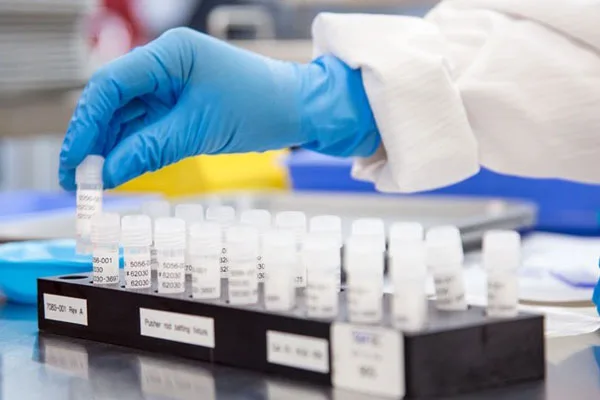Injection molding, a cornerstone of modern manufacturing, has long relied on petroleum-based plastics for its versatility and cost-effectiveness. However, the growing awareness of environmental concerns and the urgent need for sustainable practices has prompted a shift towards greener alternatives.
Bio-based polymers from renewable resources have emerged as a promising solution. They offer many benefits and could pave the way for a more sustainable future in injection molding.
Understanding Bio-Based Polymers
Bio-based polymers are materials from renewable biological sources such as plants, microorganisms, or agricultural waste. Unlike traditional petroleum-based plastics, which rely on finite fossil fuels, bio-based polymers offer a sustainable alternative with a significantly reduced environmental impact.
The advantages of bio-based polymers extend beyond their renewability. Many of these materials exhibit biodegradability, meaning they can break down naturally over time, reducing the burden on landfills and ecosystems. Additionally, some bio-based polymers possess unique properties, such as improved heat resistance or enhanced barrier properties, making them suitable for various applications.
Applications and Benefits Across Industries
The versatility of bio-based polymers has led to their adoption across various industries and injection molding applications.
- Packaging: Bio-based polymers are increasingly used to create sustainable packaging solutions, including food containers, beverage bottles, and cosmetic packaging. Their reduced environmental impact and potential for biodegradability align with the growing consumer demand for eco-friendly products.
- Consumer Goods: From toys and electronics to household appliances, bio-based polymers are being used in a wide array of consumer goods. Their unique properties and aesthetic appeal make them attractive for manufacturers looking to differentiate their products.
- Automotive Components: The automotive industry is actively exploring using bio-based polymers in interior trim, door panels, and other non-structural components. These materials offer weight reduction benefits, contributing to improved fuel efficiency and reduced emissions.
- Medical Devices: Bio-based polymers are gaining traction in the medical field due to their biocompatibility and potential for biodegradability. They are used in sutures, implants, and drug delivery systems.

Plastic medical devices
Challenges and Considerations
While the benefits of bio-based polymers are undeniable, their adoption in injection molding is not without challenges.
- Material Properties: Bio-based polymers may exhibit different mechanical and thermal properties than traditional plastics. Careful consideration is required during material selection and mold design to ensure optimal performance and processability.
- Processing Requirements: Some bio-based polymers may require modifications to existing injection molding processes or specialized equipment. This can pose challenges in terms of cost and technical expertise.
- Cost: While bio-based polymers have decreased in recent years, they can still be more expensive than their petroleum-based counterparts. However, as demand increases and economies of scale come into play, the cost gap is expected to narrow.
Future Outlook: A Promising Horizon
The future of bio-based polymers in injection molding is bright. Advancements in material development are leading to the creation of new and improved bio-based polymers with enhanced properties and processability. Researchers are also exploring innovative processing technologies to optimize the use of these materials in injection molding.
Furthermore, increasing consumer awareness and regulatory pressures are key drivers in the market adoption of bio-based polymers, creating a favorable environment for their growth. This underscores the importance of manufacturers in meeting the evolving needs of their customers.
Conclusion
The rise of bio-based polymers in injection molding marks a significant step towards a more sustainable future in manufacturing. By embracing these eco-friendly materials, manufacturers can reduce their environmental footprint, meet consumer demands for greener products, and contribute to a healthier planet. This is a powerful opportunity for manufacturers to take the lead in the sustainability movement.
Ready to make your injection molding processes more sustainable? Contact Nice Rapid today to explore how our expertise in vacuum casting and bio-based polymers can help you achieve your environmental goals while maintaining the highest quality standards.
